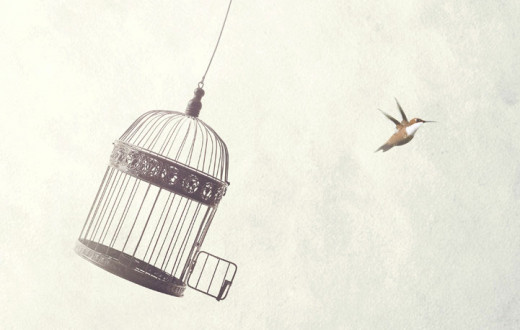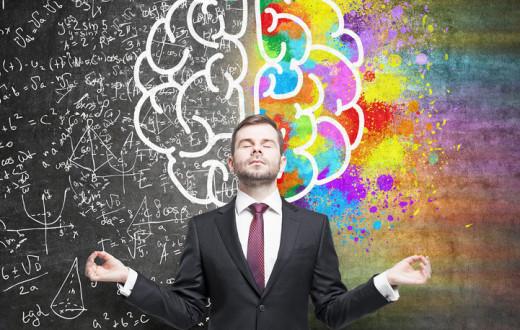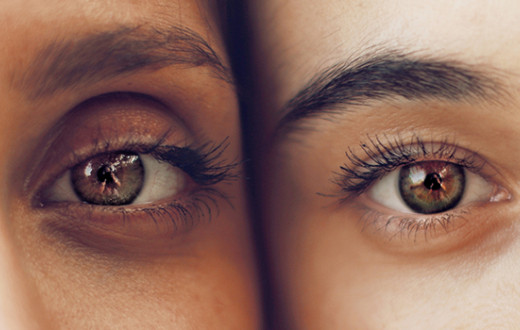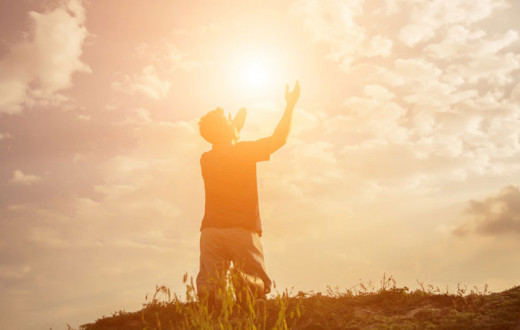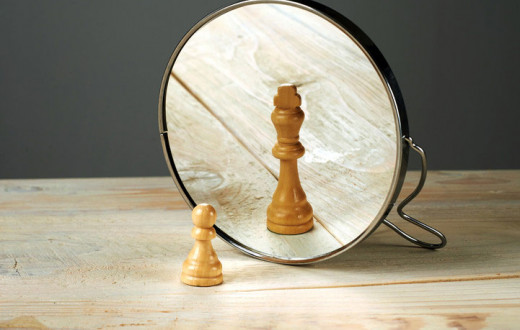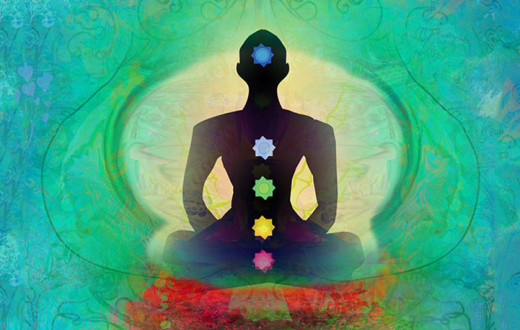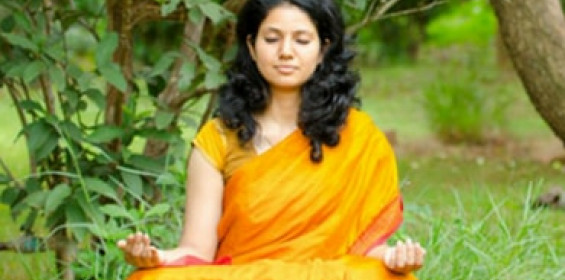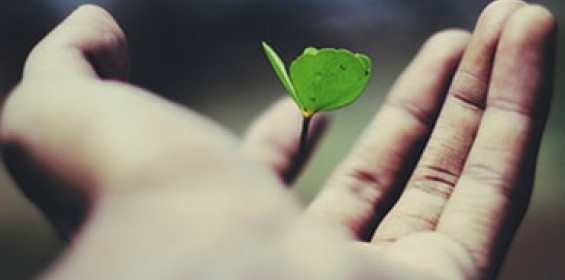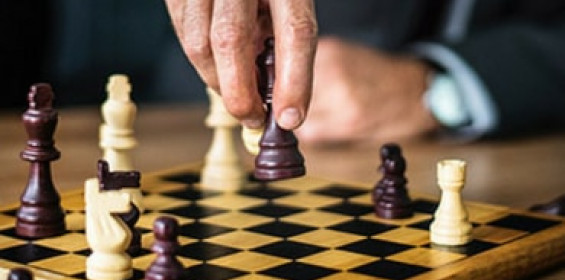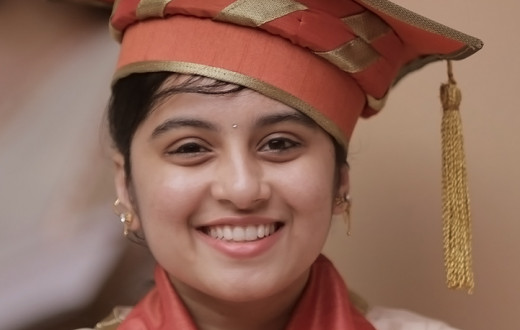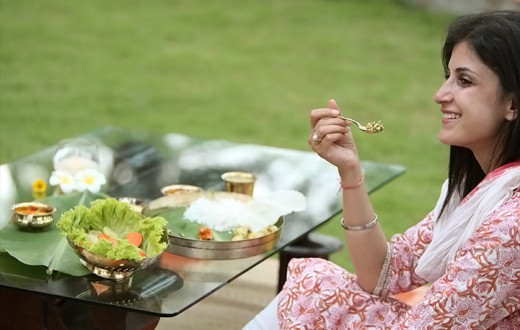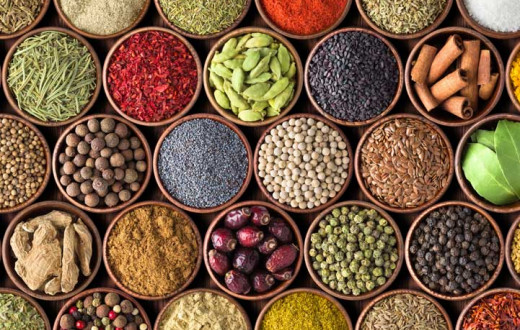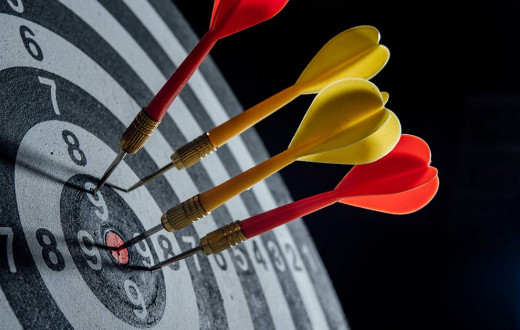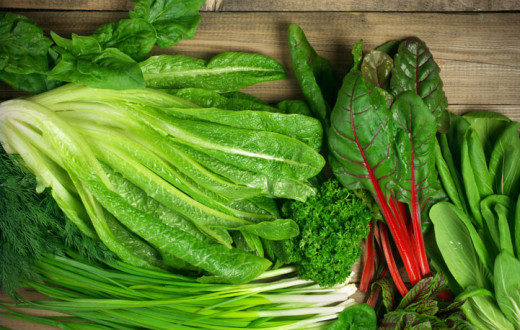Diwali is among the most popular festivals in India. It can aptly be described as the ‘sound festival of lights’, wherein people light up their houses and streets, and burst crackers. People get religiously inclined and make their prayers to different divinities like Goddess Lakshmi, Goddess Kali, Lord Ganesha, Lord Krishna and Lord Rama, seeking prosperity. They prepare varieties of sweets and share with neighbors and friends on this day. The greater significance of this festival is the kindling of the light of wisdom in our minds, removing the darkness of ignorance.

Reasons for celebrating Diwali
Celebrates the return of Lord Rama to his kingdom Ayodhya after defeating the demon king, Ravana and rescuing his wife Sita. Lord Rama came back after serving 14 years of exile with his brother Lakshmana and beloved wife goddess Sita.
Commemorates the return of Pandavas to Hastinapur after their 13-year exile.
Marks the day when Nachiketa received wisdom from Lord Yama as narrated in Katha Upanishad.
Choti Diwali or Narak Chaturdashi celebrates the victory of Lord Shri Krishna over Narakasura (the demon who had imprisoned about 16,000 women in a prison house).

Marks the time when Goddess Kali went on a demon-killing spree to save the earth and the heavens.
To worship Lakshmi, the Goddess of prosperity and wealth. While some people believe this day marks the birthday of the goddess, others believe it marks the pious wedding of the goddess with Lord Vishnu.
Celebrate the parinirvana of Mahavira (Jain tradition).
Significance of Diwali and connection with life
People do deep cleaning of their houses and shops to welcome the gods and deities to bless them. People also do it to become good hosts to their guests. The cleaning signifies the purification of the mind and thoughts. Also, since the monsoon attracts insects and pests, deep cleaning kills the germs.
The bursting of crackers is a way to celebrate the victory of good over bad and wisdom over ignorance. It is also believed to shoo away evil spirits and burst inner negativity, ego, and bad thoughts. However, it is important to limit the crackers' play and avoid very loud crackers during Diwali, caring for other creatures and the environment.

Lights in every form (be it diyas or lamps or tingling lights) eliminates darkness. They make you hopeful and bring a certain joy to the celebrations. When you are glowing like the light, you are filled with wisdom and prudence. The lighting symbolizes warding off darkness while purifying your minds of negativity.
People of different states celebrate the occasion by making and gifting desserts of all kinds. The farmers offer their produce to the Gods as it’s the end of the harvest season. Sweets improve the taste of our lives and are symbols of love and friendship. This Diwali, try delicacies with healthy alternatives.

Buying gold, metals, and ornaments during Diwali is considered auspicious. These are symbols of wealth and prosperity. Since they are great investments, they help us be prepared for an unpredictable future.
The decoration of surfaces with colorful rangoli brings positive vibes and happiness all around. They purify us from within and create a sense of balance.
"Diwali means to be in the present, so drop the regrets of the past and the worries of the future and live in the moment. It is a time to forget the bickering and negativities that have happened through the year. It is a time when you throw light on the wisdom you have gained and welcome a new beginning."
-Gurudev Sri Sri Ravi Shankar
Conclusion
Just like Diwali and Navratri, traditions of many Indian festivals are mirrored in our lives. It’s time to welcome this knowledge by experiencing the vastness of life and the blessings showered on us. Like the empowering lights, we must seek divinity and keep moving on the right path in life, and light up others’ lives.

Spread joy this Diwali by gifting your friends and family a lifetime of happiness through our meditation program. Experience the magic of Sudarshan Kriya and gift yourself a chance to improve your focus, energy levels, and immunity.
FAQ on the significance of Diwali
Diwali is celebrated for five days and each day carries special significance.
Day 1: Dhanteras
Day 2: Naraka Chaturdashi
Day 3: Lakshmi Puja
Day 4: Govardhan Puja
Day 5: Bhai Dooj
Mostly Diwali is celebrated by Hindus, Jains, Sikhs, and Buddhists. Every religion has its respective history. Hindus honor the oncoming of Rama to his kingdom after serving his 14 years exile. Jains celebrate it to commemorate the parinirvana of Lord Mahavira. Sikhs celebrate the release of their sixth guru Hargobind Singh from prison. Buddhists celebrate it to remember Emperor Ashoka as he had converted to Buddhism on this very day.
Every diya has its relevance and is placed at different places in and around the house. From praying for the health and well-being of family members to seeking blessings for growth and prosperity in life, the diyas create a sense of peace and enlightenment in us.
The five days of Diwali have their own relevance. Padwa falls on the fourth day and celebrates the bond between a husband and wife whereas Bhai Dooj, on the fifth day, celebrates the love between brothers and sisters.

